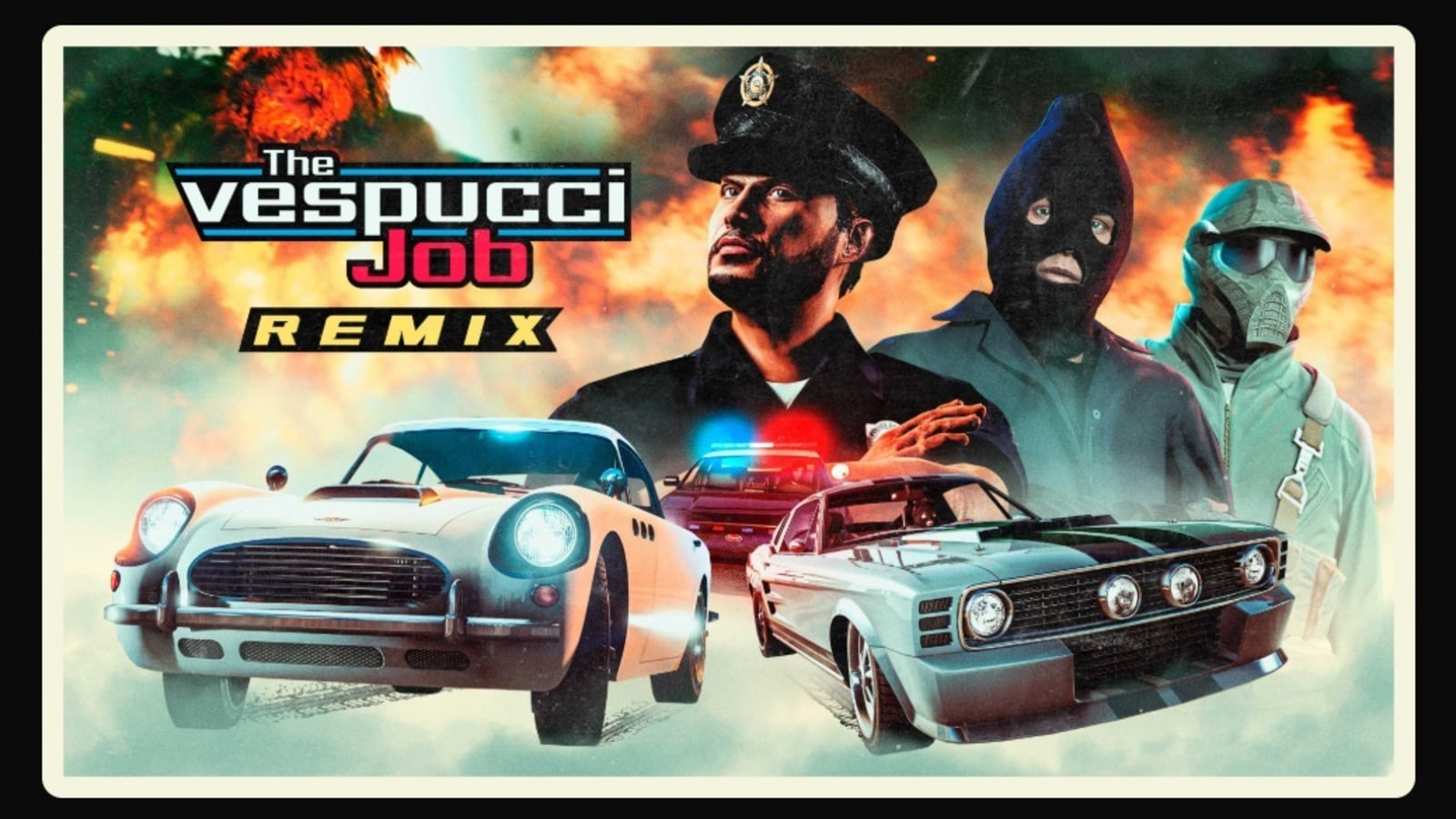Follow our live coverage of Trump’s hush money trial in Manhattan.
On Monday morning, a Manhattan jury will hear opening statements in People of the State of New York v. Donald J. Trump, the first criminal prosecution of a former U.S. president.
It is the next phase of a criminal trial that will unfold like any other — even though it has a defendant like no other.
The trial began last week, when Justice Juan M. Merchan led the selection of 12 jurors and six alternates sworn to be fair and impartial to the former president as they consider charges that he falsified records to cover up a $130,000 hush-money payment to a porn star. Mr. Trump, the prosecutors say, authorized the payoff of the porn star, Stormy Daniels, to silence her story of a sexual encounter with him.
The Manhattan district attorney, Alvin L. Bragg, argues that this deal was part of a larger scheme to suppress negative stories about Mr. Trump leading up to the 2016 election. He charged him with 34 felony counts of falsifying business records.
Mr. Trump has pleaded not guilty to the charges and denies having sex with Ms. Daniels.
Opening statements will be the jury’s first chance to hear the case laid out plainly in front of them.
The statements will most likely take up the bulk of Monday’s court day, after which both sides will begin to call witnesses. The prosecution will question them about their recollection of key events and use their testimony to introduce other evidence in the form of documents.
The defense will then have the chance to cross-examine witnesses to discredit their testimony.
The first prosecution witness might well be David Pecker, the former publisher of The National Enquirer, the tabloid that had close ties to Mr. Trump and helped him bury damaging stories during the 2016 campaign. Mr. Trump’s former lawyer and fixer, Michael D. Cohen, and his former spokeswoman Hope Hicks are likely to testify as well. So could Ms. Daniels.
Prosecutors cannot compel Mr. Trump to testify.
But once the prosecution rests its case and the defense begins, Mr. Trump has said he is interested in taking the stand.
After both sides have rested, the lawyers will deliver closing arguments that essentially summarize the best points on both sides.
The jurors will then determine whether Mr. Trump committed these crimes beyond a reasonable doubt, the highest burden of proof in the U.S. legal system.
Members will retreat behind closed doors to deliberate and debate each charge. Their verdict will find Mr. Trump guilty or not guilty of each count.
Their decision must be unanimous, and if they cannot reach a verdict after several days of deliberations, the judge could declare a mistrial. If they convict on even one count, Justice Merchan will sentence Mr. Trump at a later date.
If convicted, Mr. Trump could face probation or up to four years in prison.

























